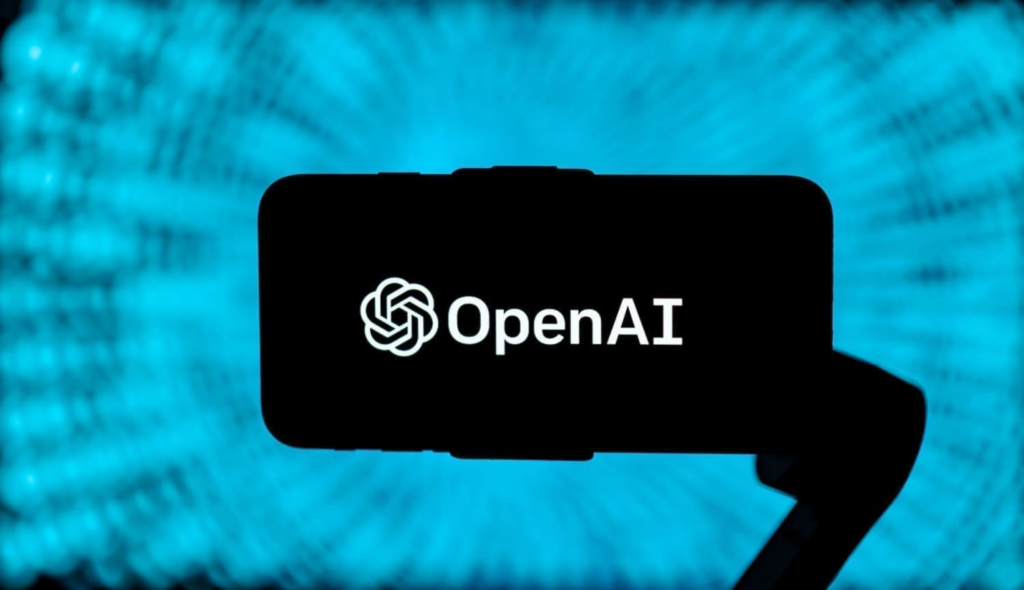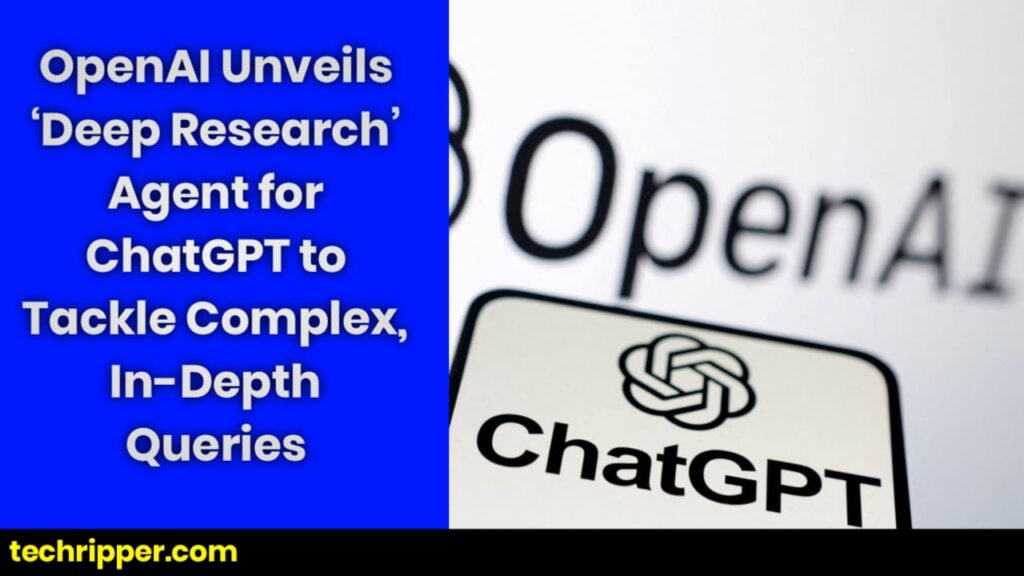OpenAI has announced the launch of a new AI-powered “agent” for ChatGPT, designed to assist users in conducting thorough and complex research. Aptly named Deep Research, this feature is aimed at individuals who require meticulous, precise, and reliable information for tasks such as academic studies, financial analysis, policy development, engineering projects, or even high-stakes purchasing decisions like buying cars, appliances, or furniture.
Unlike traditional chatbot responses that provide quick summaries or answers, ChatGPT Deep Research is tailored for scenarios where users need to evaluate information from multiple sources and synthesize detailed insights. OpenAI describes it as a tool for “intensive knowledge work,” offering outputs that are fully documented with clear citations and reasoning to ensure transparency and verifiability.
How It Works
To use Deep Research, users simply select the “Deep Research” option in the ChatGPT composer and input their query. They can also attach files or spreadsheets to provide additional context. (For now, the feature is web-only, but mobile and desktop app integration is expected later this month.)
Once the query is submitted, the system may take anywhere from 5 to 30 minutes to process the request, depending on its complexity. Users will receive a notification when the results are ready.
Currently, outputs are text-only, but OpenAI plans to enhance the feature with embedded images, data visualizations, and other analytical tools. The company also aims to integrate more specialized data sources, including subscription-based platforms and internal databases, in the near future.
For more details on how Deep Research works, you can check out OpenAI’s official announcement here. Additionally, TechCrunch’s previous coverage of ChatGPT’s capabilities can be found here.

Availability and Pricing
Deep Research is initially available to ChatGPT Pro users, with a limit of 100 queries per month. Support for Plus and Team users is coming soon, followed by Enterprise customers. OpenAI expects the Plus rollout within a month, with significantly higher query limits for paid users.
Notably, this is a geo-targeted launch, and OpenAI has not yet announced a timeline for availability in the U.K., Switzerland, and the European Economic Area.
For more information on ChatGPT’s pricing tiers, you can visit OpenAI’s pricing page here.
Under the Hood: o3 Model Powers Deep Research
At the core of Deep Research is a specialized version of OpenAI’s recently unveiled o3 reasoning model, which was trained using reinforcement learning to handle real-world tasks requiring browser navigation and Python-based data analysis. This model is optimized for web browsing, interpreting large datasets, analyzing text, images, and PDFs, and dynamically adapting based on the information it encounters.
According to OpenAI, the o3 model powering Deep Research achieved an accuracy rate of 26.6% on Humanity’s Last Exam, a rigorous benchmark featuring over 3,000 expert-level questions across various academic fields. While this might seem low, the exam is intentionally challenging to stay ahead of AI advancements. For comparison, other models like Gemini Thinking (6.2%), Grok-2 (3.8%), and OpenAI’s own GPT-4o (3.3%) scored significantly lower.
For more on the o3 model and its capabilities, you can read OpenAI’s technical breakdown here. Additionally, external benchmarks like Humanity’s Last Exam are explained in detail here.
Limitations and Challenges
Despite its advanced capabilities, Deep Research is not without limitations. OpenAI acknowledges that the tool can still make mistakes, draw incorrect inferences, and struggle to distinguish authoritative sources from rumors. It may also fail to indicate uncertainty in its findings and occasionally produce formatting errors in reports and citations.
To mitigate these risks, every output includes detailed citations and a summary of the reasoning process, enabling users to verify the information. However, the question remains whether users will critically analyze the results or simply treat them as definitive answers.
A Step Forward, But Not Without Competition
This announcement comes less than two months after Google unveiled a similarly named AI research tool, raising questions about how these competing offerings will differentiate themselves. For students, researchers, and professionals seeking well-cited, in-depth analyses, Deep Research could be a game-changer—if used responsibly.
As generative AI continues to evolve, tools like Deep Research highlight both the potential and the challenges of relying on AI for critical decision-making.
For more on Google’s competing AI research tool, check out their official blog post here.

